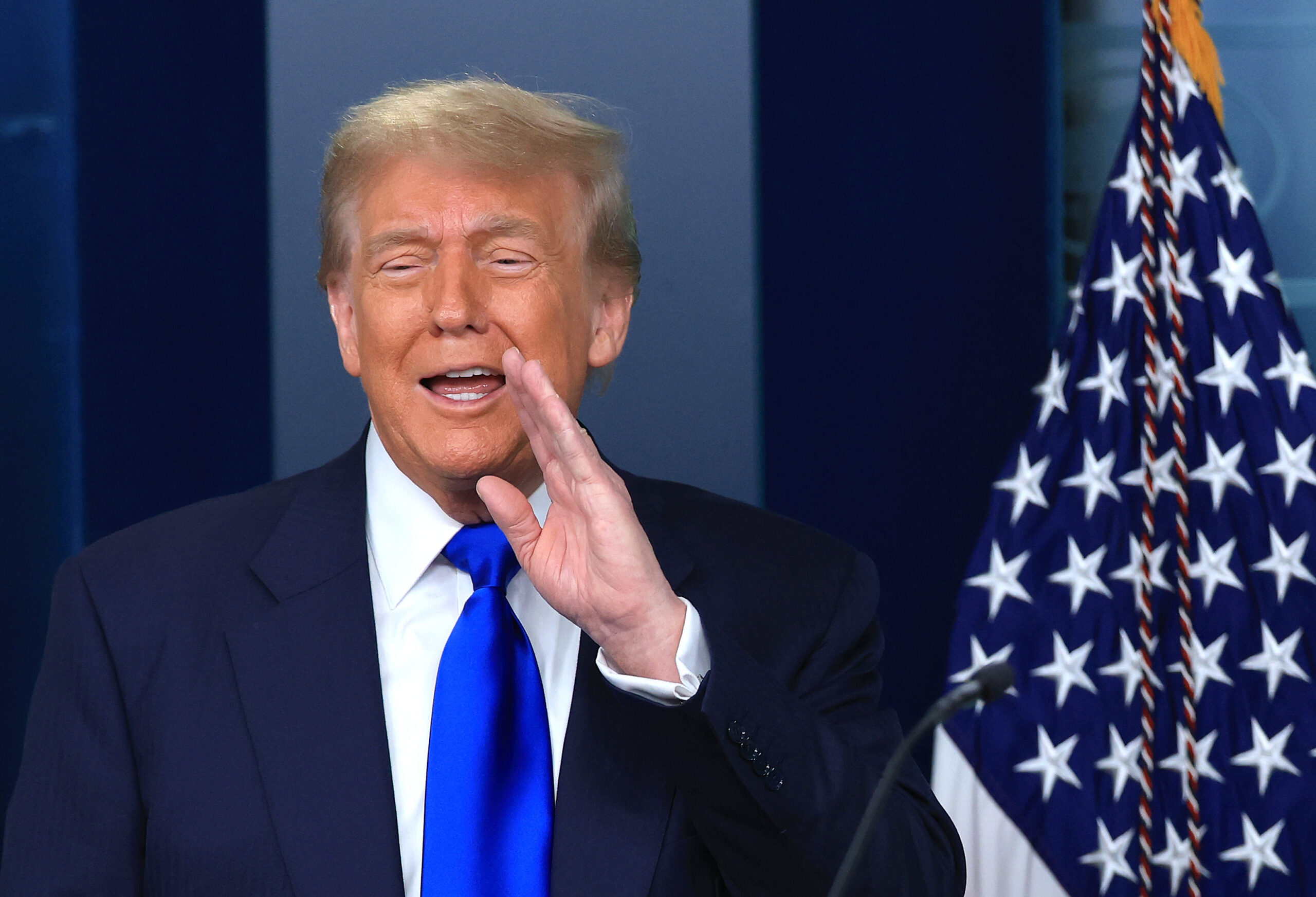It seems like everyday since President Donald Trump took office, breaking news headlines continue to flood the media. And in the midst of the downpour of current events, one day, you just might miss something that’ll have a major impact on your everyday life.
Suggested Reading
From attacks on Black history to Trump’s attempt to alter the U.S. Constitution, there’s no telling what will come next, and as the president continues his self-proclaimed mandate to reshape the country– and history– it’s important Americans everywhere stay vigilant. Here’s 15 “fine print” moves by the Trump administration that you might’ve missed in the last six months.
Quietly Rewriting History

In efforts to purge all diversity in the government, the Trump administration faced backlash after Civil Rights icon and former Brooklyn Dodgers’ player Jackie Robinson’s military service was erased from the Department of Defense database, according to ESPN. The Navajo Code Talkers, the Tuskegee airmen and the Marines at Iwo Jima were also among the president’s erasure of diversity, equity and inclusion (DEI). Although the move was ultimately reversed, this shady attempt to rewrite history drew bipartisan criticism.
Birthright Citizenship
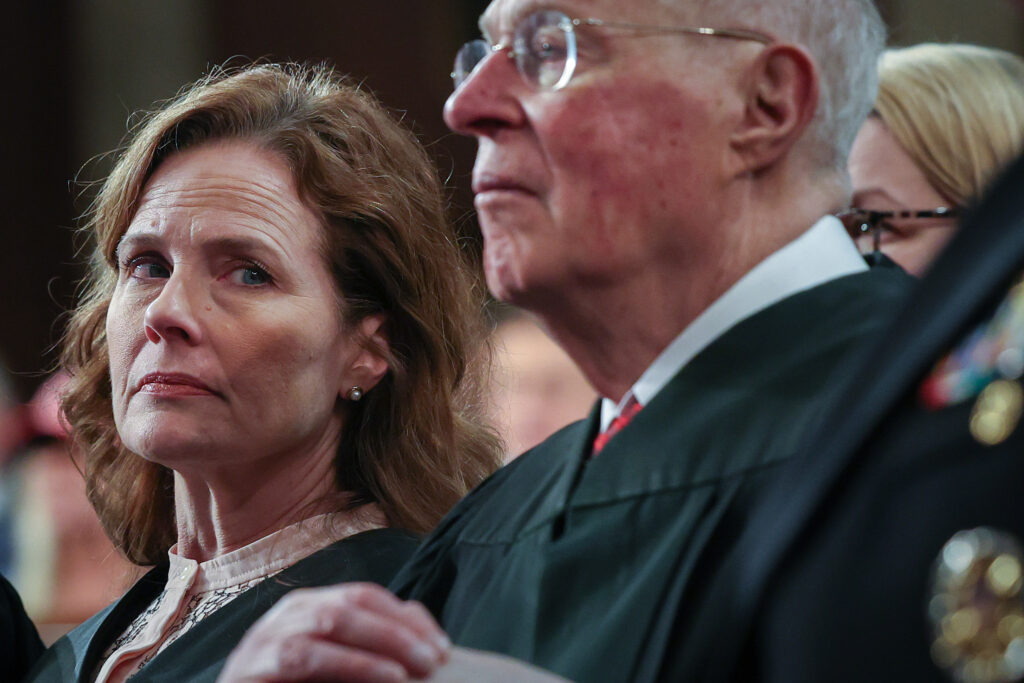
Generations after the 14th Amendment was added to the historic legislation, the Trump administration now argues birthright citizenship is not Constitutional. By definition, a person born on U.S. soil is automatically a U.S. citizen. Folks like former Vice President Kamala Harris, Secretary of State Marco Rubio and even Bruce Lee have their citizenship under this Amendment. As part of his January storm of executive orders, Trump attacked the 14th Amendment, and months later, he is still fighting to get it removed. On June 27, the U.S. Supreme Court voted to lift temporary blocks against Trump’s order– meaning the president is just one step closer to his wish being granted, according to NPR.
Cuts to Medicaid

Trump spent most of his campaign and early second term promising not to cut Medicaid, but surprise, surprise… that was not the full truth. In his Big, Beautiful Bill Act– the 1,000-page spending bill drawing criticism from Democrats and Republicans– drastic cuts to Medicaid are promised. As of June 30, the bill sits in the House of Representatives, waiting for approval. If it passes, the more than 71 million Americans will be impacted. Of those, about 20 percent are Black Americans, according to Medicaid Awareness.
Hiring WWE CEO to Take Down DOE
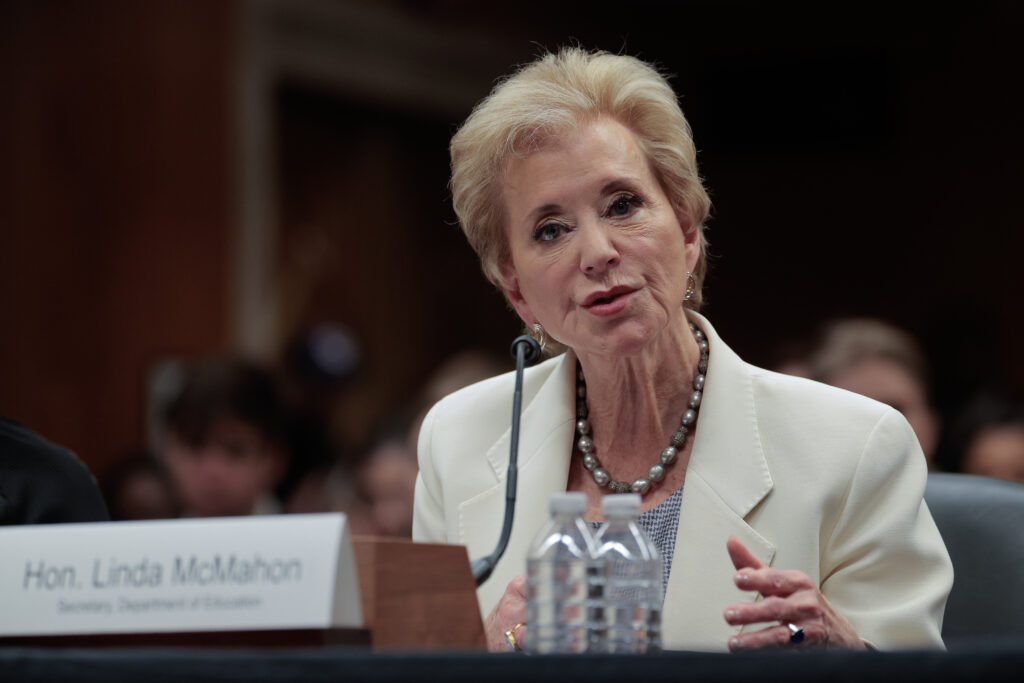
President Trump vowed to dismantle the Department of Education, and he started his agenda by slyly appointing Linda McMahon to run the show. McMahon has a brief background in education. In fact, she was nominated to serve on the Connecticut State Board of Education in 2009, according to ABC News. But unfortunately, that’s where her expertise stops. Before she was picked by Trump, McMahon founded WWE with her husband Vincent. As one of the most questionable picks in Trump’s cabinet, McMahon has made it her mission to fulfill the president’s agenda, no matter the cost. The DOE provides financial assistance to states and school districts, most notably in Title I grants for low-income schools and special education funding. Without it, Black and brown students, who are typically the most vulnerable — will likely have limited protections and assistance as they progress in the American educational system.
Suspending $19 Million HBCU Scholarship

Remember in February when Trump’s national spending freeze left billions of dollars in allocated funds suspended in the air? Well, while most folks were worried about food stamps, Medicaid and FEMA funding, our HBCUs were dealing with the harsh consequences of the blitz. The federal government suspended a scholarship program giving $19 million to historically Black colleges and universities (HBCUs), according to AL.com. The 1890 Scholarship Program allowed lower income students to chase their educations goals at their dream HBCUs. Shortly after, a judge ordered the Trump administration to restore the program.
Defying Judge Orders
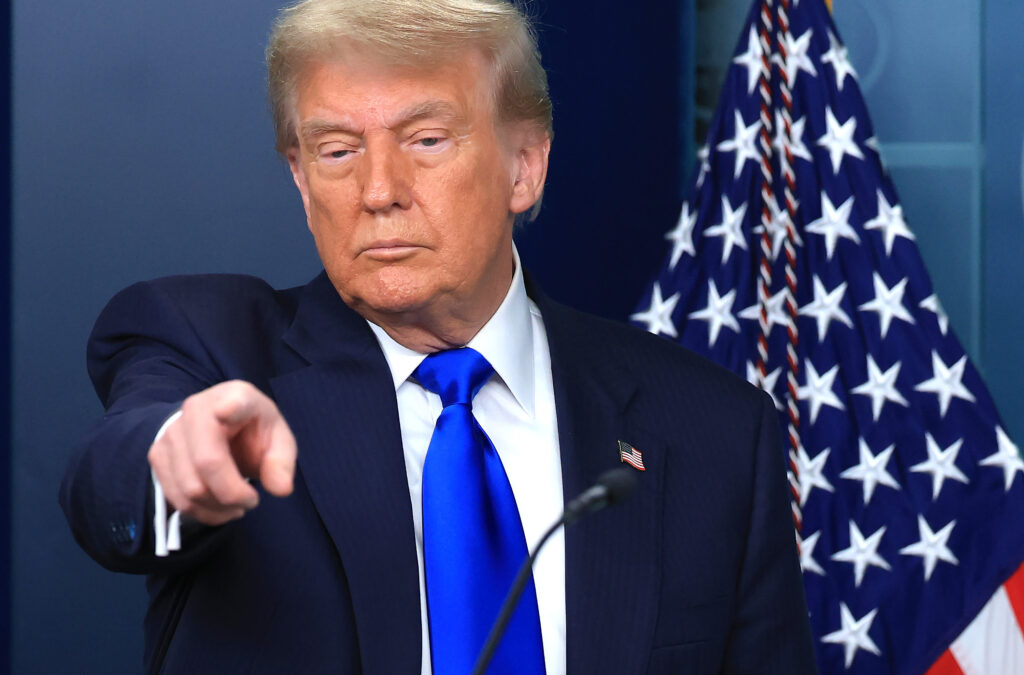
Since the beginning of his second term, Trump has faced legal backlash from federal judges who claim his actions are illegal or unconstitutional. In several cases– like when a judge ordered him to turn around a plane full of alleged Venezuelan gang members– Trump took a sneaky route either claiming his hands were tied or just flat out ignoring the ruling. In the case of the ICE plane, the administration claimed since the flights were over international waters, the judges order did not apply, according to ABC News.
Suspending the Jobs Corps
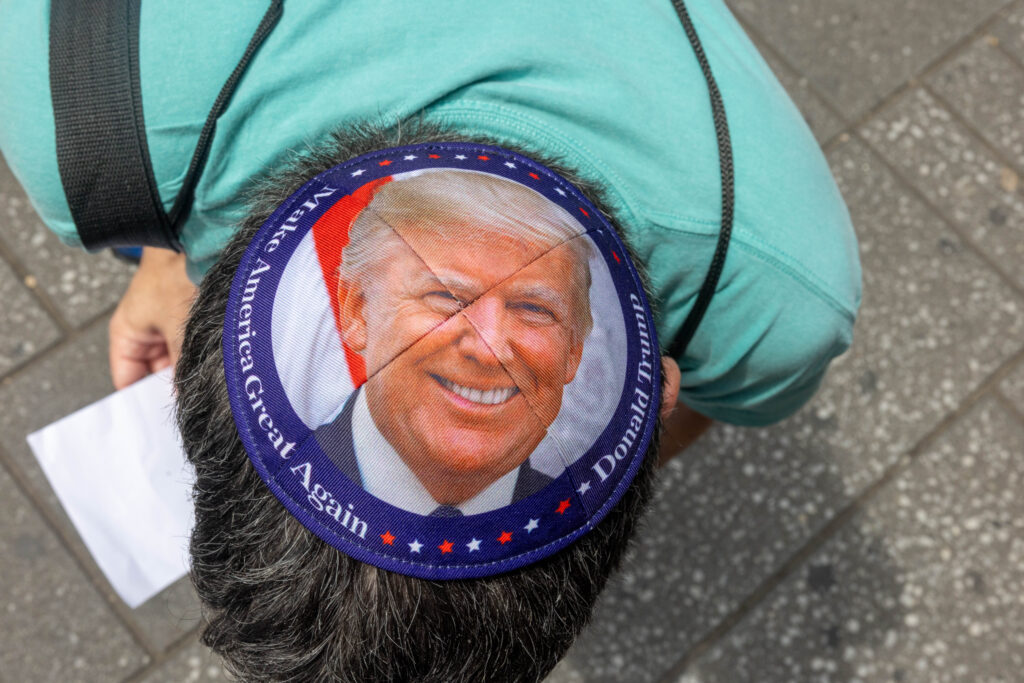
As we previously reported, the Department of Labor announced all Job Corps centers will pause operations by Monday (June 30). The program provides free education and vocational training to Americans within the ages of 16 and 24. The Root spoke with Illinois attorney Henderson Banks, who claimed Trump’s dismantling of the program was illegal. “What the Trump administration and the Department of Labor is doing is not what legislation stated or enacted for the program or certain job sites to be dismantled,” Banks said. “There’s an administrative process that was not followed, which gives those contractors who received and depended on funding a claim against the Trump administration and the Department of Labor to sue the government.” A judge has since issued an order allowing for Job Corps operations to continue.
Sneaky Tax Cuts
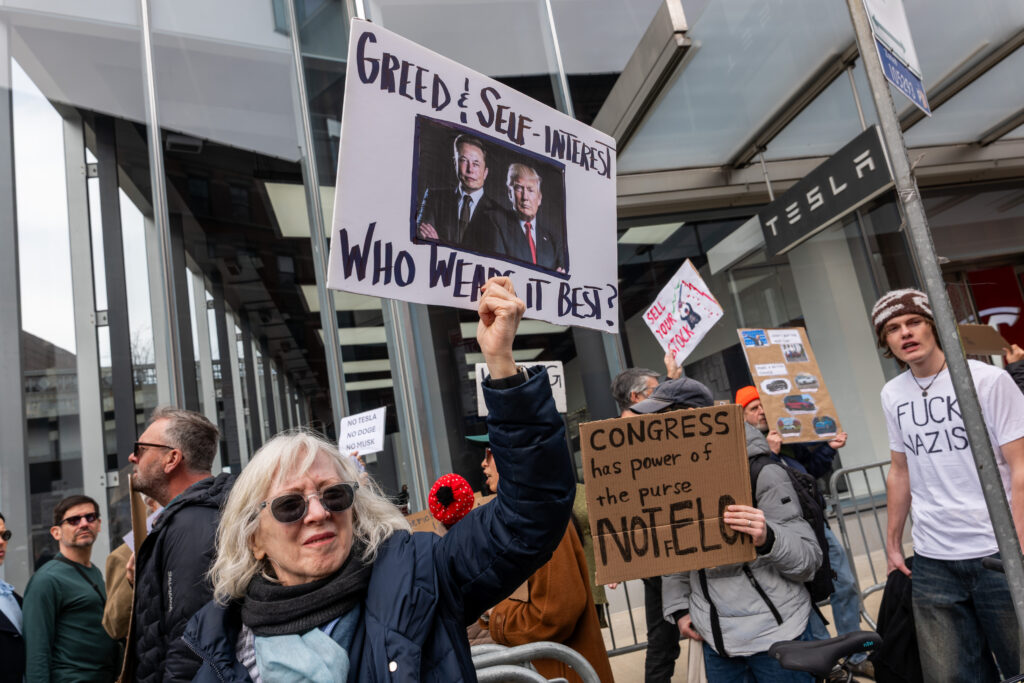
The biggest right-wing appeal of the Big, Beautiful Bill is its promised tax cuts for the wealthy. As the wealth gap in the country continues to widen, Trump’s tax cuts prove to be another handout for the richest Americans—most of whom are white, according to data from the Pew Research Center. On the other hand, Trump’s cuts will likely increase the racial divide in the country. A 2024 study conducted by the Institute on Taxation and Economic Policy found corporate tax cuts disproportionately benefit white households because white people disproportionately own corporate stocks and bonds, unlike Black households.
$1 Billion Cuts to Mental Health Programs in Schools

As a part of the Bipartisan Safer Communities Act, $1 billion was allocated to increase the amount of mental health professionals in schools, especially after the COVID-19 pandemic. Trump’s administration cut it completely citing concerns about a DEI focus among providers, according to Education Week. To be expected, the decision was immediately met with criticism from mental health advocates and education professionals, who argued without these programs, students will likely suffer the consequences. In 2023, around 53 percent of Black students said they experienced some sort of depression, according to AP News.
A Pause on USDA Inspections of Meat
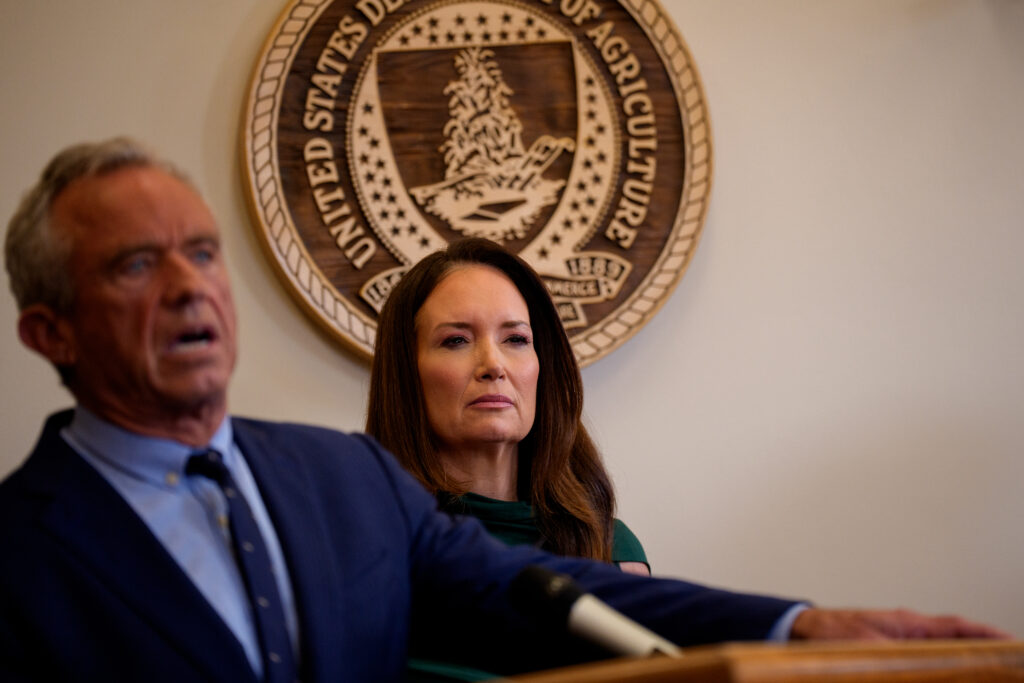
In a post-COVID world and during the height of the bird flu, which saw historic prices of eggs, Trump and DOGE’s reorganizing of the government also led to questionable moves in the FDA. The organization is reportedly still in a shift of most routine food safety inspections to state and local authorities, according to CBS News. In an attempt to cut down on government spending, many critics argued the quality and safety of food standards would have a grave impact on Americans nationwide. The FDA stated inspections will continue during the reorganization, but already DOGE layoffs and inconsistencies from the administration pose a threat.
‘Restriction on Enforcement’
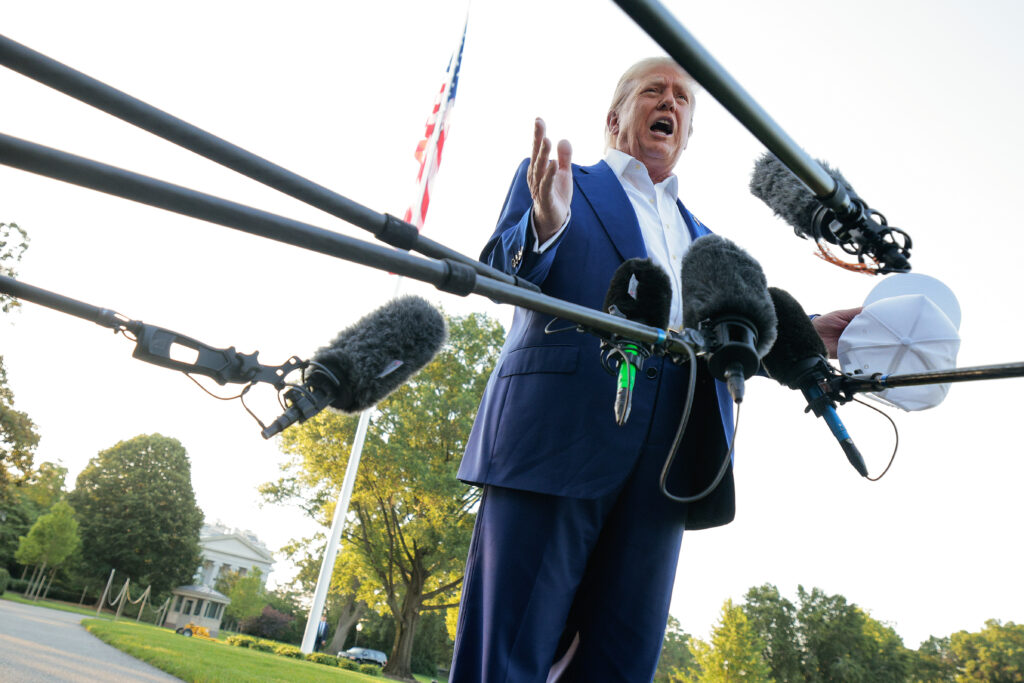
On page 544 of the 1,082-page bill, a hidden provision called the “Restriction on Enforcement” has the potential to officially upend the checks and balances system. Under SEC. 70302, more restrictions against U.S. judges who push back on Trump’s orders are on the table. The administration has been sued, blocked and threatened with contempt in court by judges fearing Trump’s orders are unconstitutional. If the bill passes in the House, then this small section would likely benefit Trump’s deportation agenda and his anti-DEI push.
Rolling Back on Climate Change Legislation

On his very first day in office, Trump rescinded several Biden-era initiatives aimed at addressing growing climate change concerns pushing for clean energy, making its development more difficult and expensive. And as the racial gap widens, Black communities will continue to be devastated by harsh weather conditions. Black Americans are at greater risk of experiencing natural disasters because of concentrated populations in extreme weather environments, like in Black cities like St. Louis and Houston, according to McKinsey Institute for Economic Mobility.
Executive Order to Cancel ‘Sesame Street’

Despite the president’s continuous claims of media bias and “fake news” in the nation, he is still fighting to put an end to— wait for it– “Sesame Street.” In May, he signed an executive order to get rid of government funding for PBS and NPR. “It’s the latest move by Trump and his administration to utilize federal powers to control or hamstring institutions whose actions or viewpoints he disagrees with,” PBS said in response. Instead of setting his target on media machines with clear bias, Trump insisted PBS and NPR posed dangerous threats and were poisoning the youth. In response, both organizations have sued the administration.
Trump’s Attacks South African President

Hoping to recreate that White House moment with Ukrainian President Volodymyr Zelenskyy, Trump’s public meeting with South African President Cyril Ramaphosa turned into calculated attempt to corner him. Trump came ready with a PowerPoint presentation, a stack of documents, a horrific video and several false claims of a white genocide going on in the African nation. Although Ramaphosa chose to go high, denying Trump’s lies and trying to focus the Oval Office discussion on trade and a technological partnership, the U.S. president persisted. The meeting came one week after Trump welcomed 60 Afrikaners— white South Africans– to the country with refugee status. Critics of the move argued it was a slap in the face to Black and brown migrants who Trump has demonized over the past decade.
AI Regulation in Big, Beautiful Bill Act
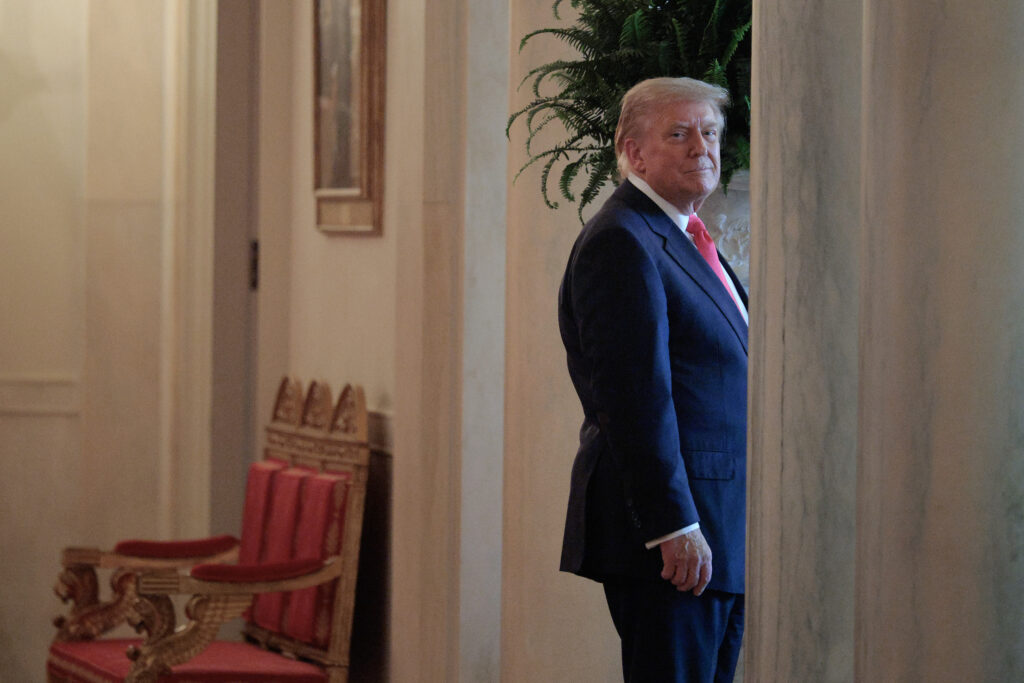
In a world where artificial intelligence is growing rapidly and unexpectedly, the Trump administration is offering scary regulations– or lack there of– to AI. In the Republican-led spending bill, one provision aims to ban state regulation of AI, and even Republicans are upset about it. Ga. Rep. Marjorie Taylor Greene came out saying she opposes the provision because it violates states’ rights. This was of course after she voted to pass the bill to the House, admitting she didn’t read that part. But if the very people elected to read and review proposed legislation have confessed to being unaware of the very small, fine print, then Americans should probably be paying even closer attention to what’s at stake.
Straight From 
Sign up for our free daily newsletter.


